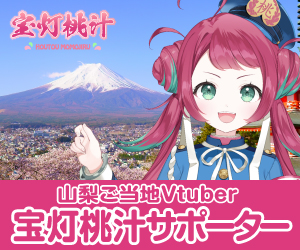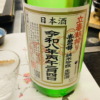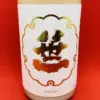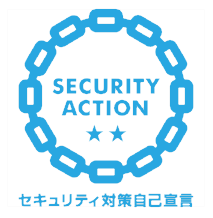All you need is “OJIGI” greeting|Warning and Advisory

Japanese people bow unconsciously. Some bows have no particular meaning, while others are bows to greet and show respect. There is nothing wrong with bowing, so please try bowing as a form of communication.
・This information is current as of August 2023.
・Please contact each public transportation(Fujikyu Railway|JR East Kofu) or Yamanashi Tourism Association(Link) for details.
・The information in this article is written voluntarily by a local resident who has lived in Yamanashi for 16 years over. Please forgive us if there are any mistakes in the English expression.
OJIGI Communications
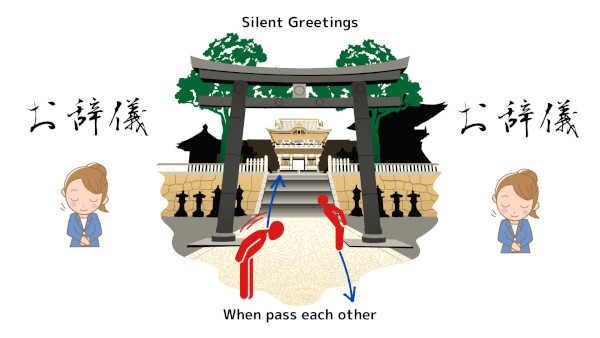
Japanese people often use OJIGI as a greeting. Bowing is often used when it is not enough to speak.
※OJIGI≒bowing
Japanese people recognize each other, but if they feel that talking to them would be a nuisance, they just bow. OJIGI is given priority if speaking is likely to be a burden for the other person.
When you are talking with your group members and you are about to pass another group on the street, it is common to bow and give way to each other.
This is an action that respects your group members and the other group. It is a culture that values harmony and avoids unnecessary conflicts.
OJIGI is Greetings without disturbing others
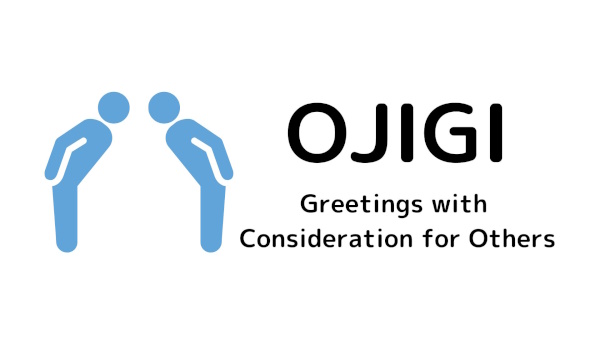
For example, when valuing harmony in nature, many people give top priority to the harmony of the chirping of birds, the swaying of trees, the sound of the wind, and the chirping of insects. At this time, if someone’s words or voices enter, the harmony will be disturbed, so OJIGI is chosen.
Even at shrines and sightseeing spots where loud voices are not allowed, OJIGI is chosen so that people can greet each other without raising their voices when passing each other.
Japanese people have a culture that dislikes self-assertion and greetings that disturb those around them. OJIGI is also used when greeting someone who is far away and cannot be reached without shouting.
OJIGI is Greetings
OJIGI has the meaning of respecting each other, but it does not lower the position of the person who bows.
You don’t have to OJIGI while looking someone in the eye. Also, there is no need to lower your head deeply. The fact that you bowed is important, and if you can convey that you respect the other person.
OJIGI is a sign that you don’t see each other as enemies, so it’s polite to bow back when OJIGI. It is unusual for Japanese people to bow to foreigners. Japanese people don’t bow unless they recognize them, so if a Japanese person bows to a foreigner, it means that the foreigner is trusted.
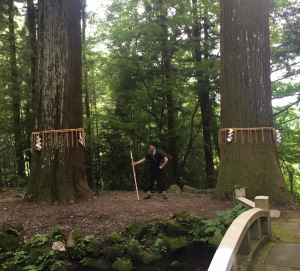
Hello there, Thank you for visiting this page. I am glad that you are interested in Yamanashi and Mt.Fuji and that you have come to visit us. If you have any questions or concerns, please ask me on Twitter (X) or Instagram. We may be able to support your trip online.
Google LocalGuide Lv.10(Link)|Guide of Attractive Yamanashi







